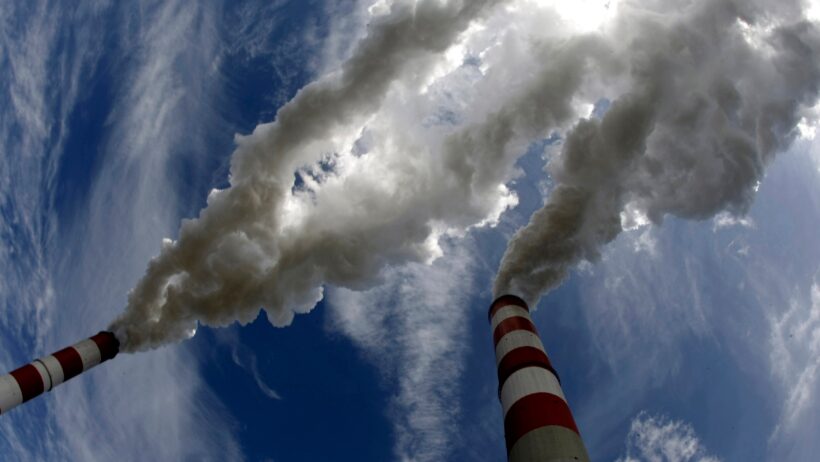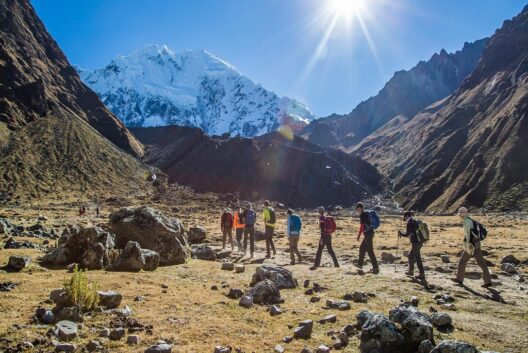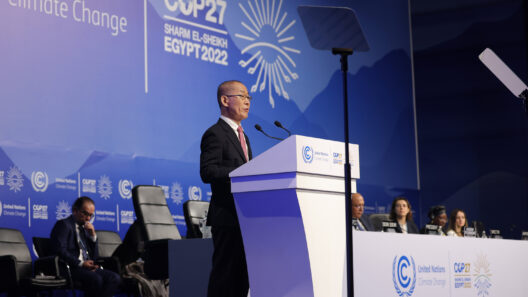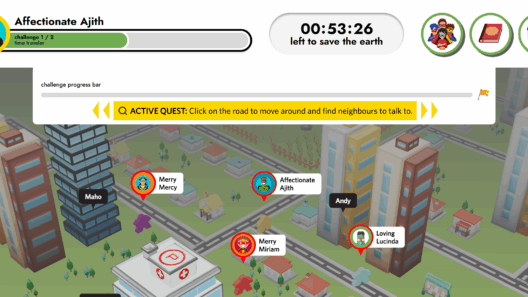In recent years, the topic of global warming has surged to the forefront of public discourse. Various narratives have emerged, raising complex questions about the nature of scientific inquiry and the implications of climate manipulation. One of the more contentious debates centers around the query: are scientists inadvertently creating global warming in their labs? This question touches upon not only the ethics of scientific experimentation but also provides insight into societal perceptions of climate science.
At first glance, it may seem paradoxical to suggest that scientists, in pursuit of understanding climatic phenomena, might be exacerbating the very issues they seek to mitigate. However, the intricacies of scientific research can, at times, lead to unintended consequences. Laboratory experiments designed to mimic or predict climate behaviors can sometimes yield results that emphasize the urgency of climate change, thus igniting fears about the reliability of scientific findings.
The overwhelming evidence of anthropogenic climate change has propelled scientists to innovate methods to study environmental variations and anomalies. Through the development of complex simulation models and climate proxies, researchers seek to understand historical trends and anticipate future shifts. While this research is critical, there are concerns over the consequences of artificially generated climate scenarios. Often, when scientists employ models or simulations that incorporate specific parameters, they may unintentionally create results that amplify existing climate fears rather than provide clarity. This foundational paradox fosters skepticism among certain segments of the population.
A crucial aspect underlying this debate is the framing of scientific research. Public perception is influenced not only by the content of the research but also by the way results are communicated. The dissemination of alarming statistics and projections can lead to a perception that scientists are instigating hysteria. Critics of climate science often point to seemingly contradictory findings as evidence of inconsistency within the scientific community. This contradiction can serve as a fertile ground for misinformation, driving wedges between scientific consensus and public acceptance.
The phenomenon of climate models producing seemingly contradictory results is not necessarily indicative of faulty science; rather, it reflects the complexities involved in modeling a multi-faceted system. Climate systems are influenced by myriad factors, from greenhouse gas emissions to solar radiation and oceanic currents. To fully capture these variables in a laboratory setting presents a monumental challenge. Scientists must grapple with the limitations inherent in their methodologies, an endeavor that often necessitates simplifications, therefore inviting critique.
Moreover, those who argue that scientists are “creating global warming” in their labs often overlook a crucial aspect of the disciplinary framework: peer review and collaborative methodology. The scientific process is inherently self-regulating; methodologies are scrutinized rigorously before results enter the public sphere. Discrepancies in findings are not dismissed but rather encourage further investigation and refinement of hypotheses. This mechanism, while effective, can sometimes be overshadowed by sensationalist narratives, which can distract from the fundamental goal of scientific inquiry: to provide vindication and understanding through evidence-based research.
One must also consider the ethical implications of laboratory research related to climate science. As scientists navigate the dual goals of advancing knowledge and safeguarding environmental integrity, ethical quandaries arise. The use of geoengineering technologies, for example, positions scientists in a precarious role. Should researchers experiment with methods to manipulate climate systems, they may inadvertently trigger feedback loops that escalate environmental degradation. This overlapping of experimental boundaries raises critical ethical concerns regarding the potential ramifications of ‘playing God’ with nature, shrouding the scientific endeavor in apprehension and debate.
Despite these discussions, it is crucial to recognize the positive strides taken by the scientific community in addressing climate change. Research conducted within laboratory settings often informs policy decisions and contributes to the development of sustainable technologies. For instance, advancements in renewable energy sources, carbon capture technologies, and climate-resilient agricultural practices have emerged from diligent research efforts. In this light, the question of whether scientists are causing global warming must be reframed to acknowledge the potential for transformative outcomes facilitated by scientific inquiry.
Furthermore, it is important to consider the societal factors that shape perceptions around climate change. The portrayal of climate science in media can significantly influence public opinion. Often, nuanced scientific findings are simplified into sensational stories that provide more entertainment than education. This shift towards sensationalism compromises collective understanding and can lead to misguided beliefs about the science itself, including accusations of scientists fabricating their own data or creating global warming.
Ultimately, the interplay between scientific exploration and public perception will continue to evolve. Critical thinking and rational discourse are essential in demystifying the complexities of climate science. Engaging directly with scientific findings, both favorable and unfavorable, fosters a comprehensive understanding. This intellectual engagement allows for the construction of informed opinions, enabling societal progress in combating global warming.
In conclusion, while the proposition that scientists might be creating global warming in their labs raises an intriguing debate, it must be grounded in a multifaceted understanding of scientific endeavor. The potential for misunderstanding and miscommunication can influence societal perceptions, overshadowing the critical contributions of researchers who dedicate their lives to the study of climate change. Through thoughtful exploration and open dialogue, a path forward emerges: one where science, ethics, and public engagement converge for the greater good of the planet.







